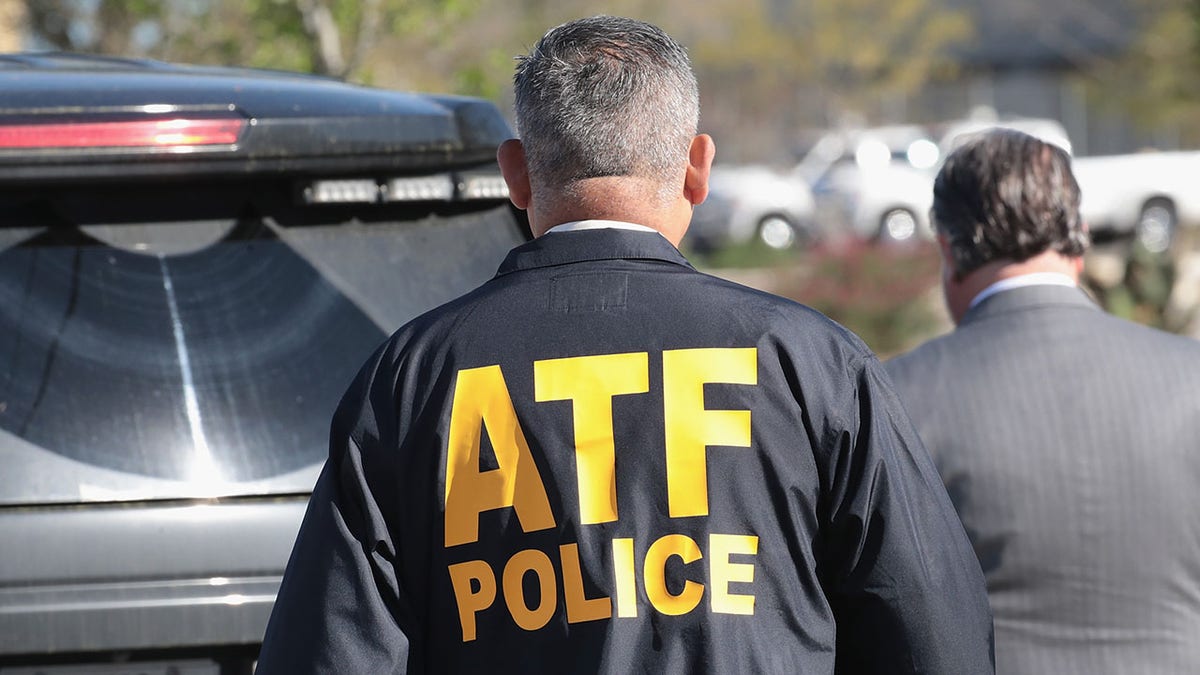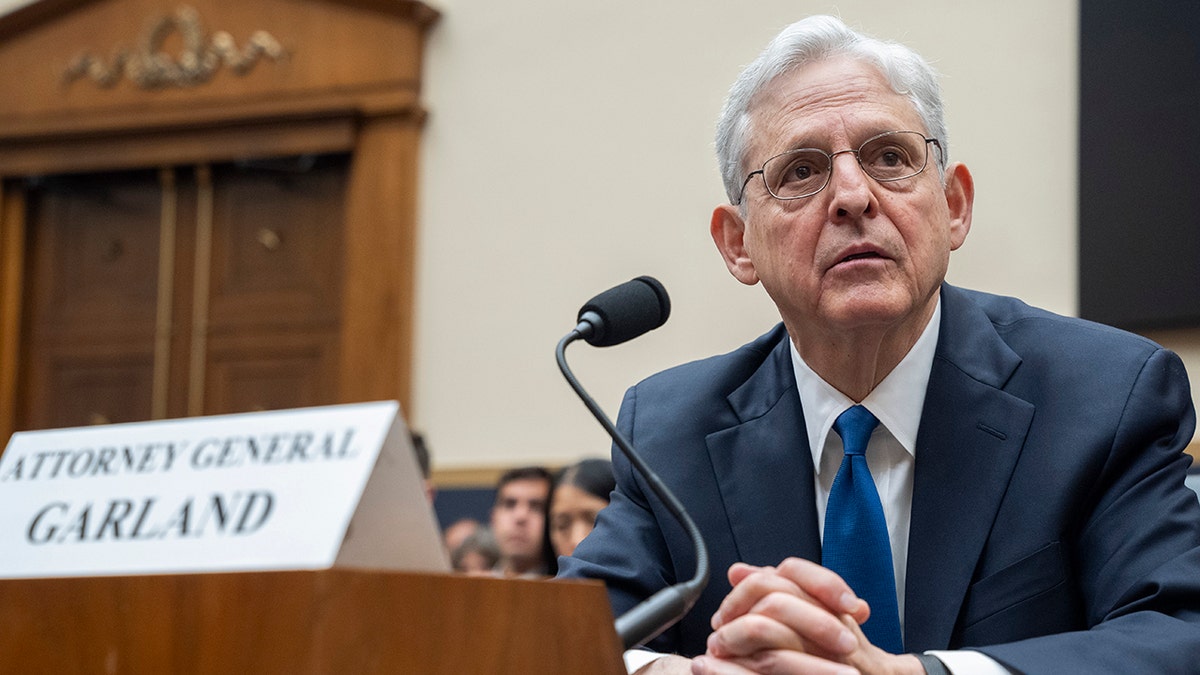NYC mayor asks White House for help stopping ghost guns
Fox News correspondent Bryan Llenas provides insight on ghost guns for criminals on 'America Reports.'
West Virginia and Montana led 27 states Wednesday that filed an amicus brief with the Supreme Court urging the court to "rein in" the Biden administration’s new frame or receiver rule.
The states, through their attorneys general, alleged the Bureau of Alcohol, Tobacco, Firearms and Explosives' new rule essentially broadening the definition of "firearm" to include gun parts (like frames and receivers) is an "overreach."
"[W]hen the Court encounters another ATF regulation offering a purportedly creative solution to a long-standing problem, it should be wary," the filing states. The rule has also been characterized as a "ghost gun" crackdown.
"And in this brief, Amici (party) States describe some of the specific machinations ATF has used in the past to get to its desired results — erasing ordinary meaning, stripping words from context, ignoring comments, short-circuiting APA requirements, and blinding itself to the real-world consequences of its own actions."
WATCH: LAWMAKERS INVOKE HUNTER BIDEN, SECOND AMENDMENT IN DEFENSE OF GUN LAWS

ATF agents continue their investigation at a FedEx site after an explosion March 20, 2018, in Schertz, Texas. (Scott Olson/Getty Images)
After filing the brief, West Virginia Attorney General Patrick Morrisey said states must step up when the feds politicize regulations.
"When the Biden administration continues deploying our federal agencies to further its political agenda, rest assured the states will spring into action to prevent this kind of abhorrent overreach," he said.
"Here again is an example of how the Biden administration uses bureaucratic agencies, this time the ATF, to act as legislators instead of enforcing the laws Congress passed."
In the brief, Morrisey, Montana Attorney General Austin Knudsen and the other litigants admit that guns in the wrong hands can be dangerous, but Congress is the body that should decide policy and address risks from a particular product.
"Neither the ATF nor this court can impose naked policy preferences, especially so on hot-button issues like these," added Morrisey, who is also the GOP's nominee for governor against Huntington Mayor Stephen Williams.

Attorney General Merrick Garland testifies during a House Judiciary Committee hearing on the Department of Justice June 4, 2024, on Capitol Hill in Washington. (AP/Jacquelyn Martin)
For his part, Knudsen added separately that the ATF rule constitutes another "blatant attack on Americans' right to keep and bear arms."
"The Biden-Harris administration is dead set on taking firearms from law-abiding citizens and unlawfully using the ATF to do so. As attorney general, I will continue to fight federal overreach and protect Montanans' rights."
The new rule "exceeds the limits of what this agency could do, all to advance this administration’s anti-Second Amendment agenda," Morrisey further added in a statement.
Previously, George W. Bush-appointed federal Judge Reed O’Connor sided with plaintiff Jennifer VanDerStok in 2022, enacting a preliminary injunction against the rule.
The Supreme Court ultimately issued a stay against the injunction, allowing the rule to remain in effect amid the litigation.
VanDerStok is a magazine writer and a former law enforcement officer, according to the Mountain States Legal Foundation, who argued in a column that prior to the mass production of guns, guns were often manufactured by the user.
CLICK HERE TO GET THE FOX NEWS APP

West Virginia Attorney General Patrick Morrisey (Patrick Smith/Getty Images)
"The right to craft and customize firearms enables us to determine which arms we will ‘keep and bear,’" the column argued, citing Second Amendment text.
"Technological changes don’t change our rights, and the American People still have a constitutionally protected natural right to craft and customize guns," it added.
Critics have also alleged the new ATF rule wrongly interprets the Gun Control Act of 1968.
The Supreme Court previously announced its full bench will take up the case in the future.
The Justice Department declined comment. The ATF did not respond to a separate inquiry.





